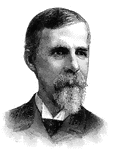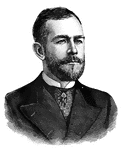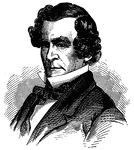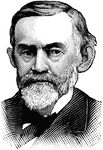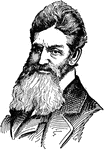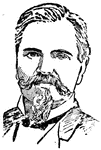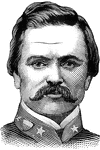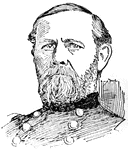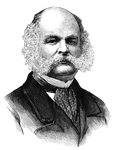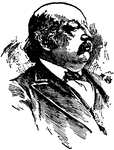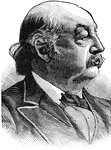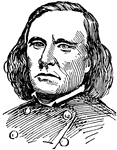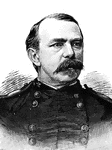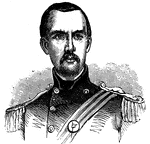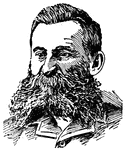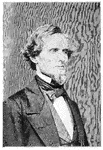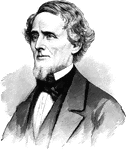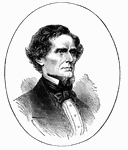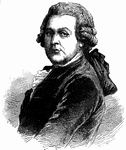
Charles Francis Adams
(1807-1886) Diplomat and member of the House of Representatives. He was able to lobby to keep Britain…
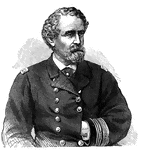
Rear Admiral James Alden
"Rear Admiral Alden, born in Portland, Me., March 31st, 1810, died in San Francisco, Cal., February…
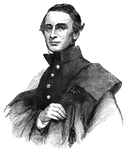
Major Robert Anderson
"Major Robert Anderson, the commander of Fort Sumter at the time of its fall, was born in Kentucky in…
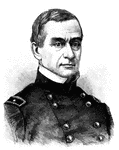
Major Robert Anderson
"Major Robert Anderson was a key figure for the Confederates during the Civil War."—E. Benjamin…
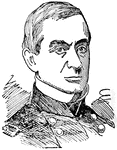
Robert Anderson
(1805-1871) Soldier during the Civil War who commanded the Federal Garrison at Fort Sumter the signaled…
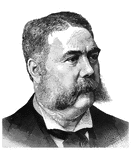
General Chester A. Arthur
"General Arthur, twenty-first President of the United States, born in Fairfield, Franklin County, Vt.,…
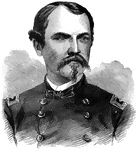
General W. W. Averill
"General Averill, born in Cameron, Steuben County, N. Y., November 5th, 1832, was graduated at the United…
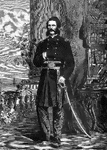
General Lafayette C. Baker
"General Baker, Chief of the United States Secret Service, born in Stafford, Genesee County, N. Y.,…
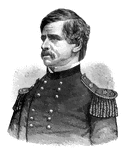
General Nathaniel P. Banks
"General Nathaniel P. Banks served during the Civil War."—E. Benjamin Andrews 1895
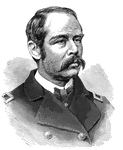
General Francis C. Barlow
"General Barlow, born in Brooklyn, N. Y., October 18th, 1834, was graduated at Harvard in 1855. In 1861…
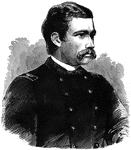
General George D. Bayard
"General Bayard, born in Seneca Falls, N. Y., December 18th 1835, died December 14th, 1862, was graduated…
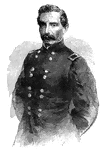
General P. G. T. Beauregard
"General Beauregard, who opened the Civil War by bombarding Fort Sumter, made a brilliant record during…
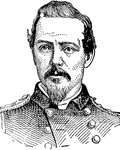
Pierre Beauregard
(1818-1893) Pierre Gustave Toutant de Beauregard was a general for the Confederate Army during the American…
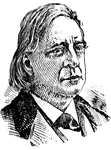
Henry Ward Beecher
(1813-1887) Protestant clergyman that raised and equipped a volunteer regiment for the Civil War.
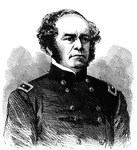
General Henry W. Benham
"General Benham, born in Connecticut in 1817, died in New York June 1st, 1884, was graduated from the…
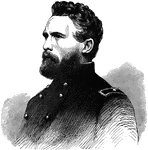
General Hiram G. Berry
"General Berry, born in Thomaston (now Rockland), Me., August 27th, 1824, died at Chancellorsville,…
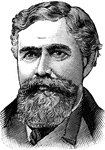
General John C. Black
Black was a general in the 37th Illinois regiment and was wounded in the battles of Pea Ridge and Prairie…
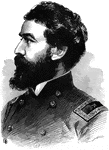
General John M. Brannan
"General Brannan, born in the District of Columbia in 1819, was graduated from the United States Military…
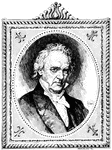
James Buchanan
"James Buchanan, fifteenth president of the United States and involved in the pre-Civil War era."—E.…
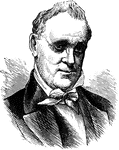
James Buchanan
(1791-1868) James Buchanan, fifteenth president of the United States, largely remembered for his failure…
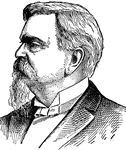
Simon B. Buckner
(1823-1914) U.S. Army officer and a general in the Confederate States Army during the American Civil…
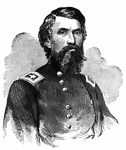
General John Buford
"General Buford, born in Kentucky in 1825, died in Washington, D. C., December 16th, 1863, was graduated…
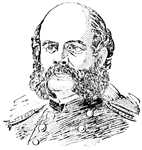
General Burnside
(1824-1881) Civil War soldier better known for the hair on the sides of his face, or Sideburns
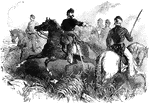
General Burnside
"Major General Burnside assuming command of the Army of the Potomac- issuing orders to his staff. 'Headquarters,…
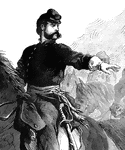
General Burnside
"Major General Burnside assuming command of the Army of the Potomac- issuing orders to his staff. 'Headquarters,…
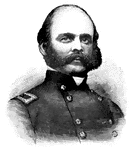
General Ambrose E. Burnside
"General Ambrose E. Burnside served during the Civil War."—E. Benjamin Andrews 1895
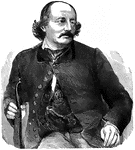
General Benjamin F. Butler
"General Butler was born in Deerfield, N. H., November 6th, 1818. At the time of President Lincoln's…
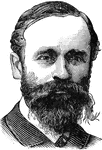
George W. Cable
Writer who fought in the Civil War that wrote Silent South and fought for equal rights for…
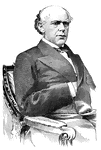
Salmon Portland Chase
"Salmon Portland Chase, Secretary of the Treasury during the Civil War."—E. Benjamin Andrews 1895

Anthony Comstock
Comstock served in the Civil War and created the New York Society for the Suppression of Vice. He is…
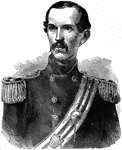
Michael Corcoran
"General Michael Corcoran, born in Carrowkeel, County Sligo, Ireland, September 21st, 1827, died near…
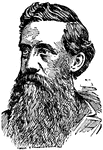
Elliott Coues
(1842-1899) Ornithologist who served as assistant surgeon in the Union Army. His Birds of the Colorado…
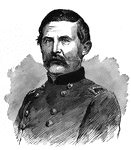
General Thomas L. Crittenden
"General Crittenden, born in Russellville, Ky., May 15th, 1815, studied law under his father, was admitted…
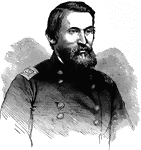
General George Crook
"General Crook, born near Dayton, O., September 8th, 1828, died in Chicago, Ill., March 21st, 1890,…
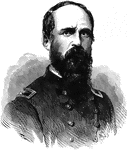
Colonel E. E. Cross
"Colonel Cross, born in Lancaster, N. H., April 22nd, 1832, died near Gettysburg, Pa., July 22nd, 1863.…
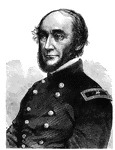
General George W. Cullum
"General Cullum, born in New York city, February 25th, 1809, died in New York city, February 28th, 1892,…
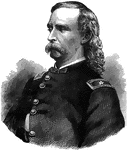
George Custer
"General George A. Custer, born in New Rumley, Harrison County, Ohio, December 5th, 1839, died in Montana,…
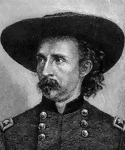
George Armstrong Custer
"George Armstrong Custer, a brilliant cavalry officer, was born at New Rumley, Ohio, December 5, 1839.…
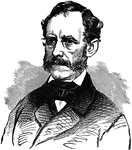
John Adolph Dahlgren
Rear Admiral John Adolphus Bernard Dahlgren, USN, (November 13, 1809 – July 12, 1870) merchant…
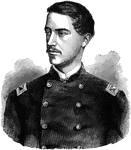
Ulric Dahlgren
"Colonel Ulric Dahlgren, born in Bucks County, Pa., in 1842, died near King and Queen's Courthouse,…
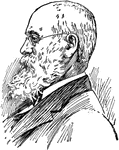
Charles Anderson Dana
Charles Anderson Dana (August 8, 1819 – October 17, 1897) was an American journalist, author,…
